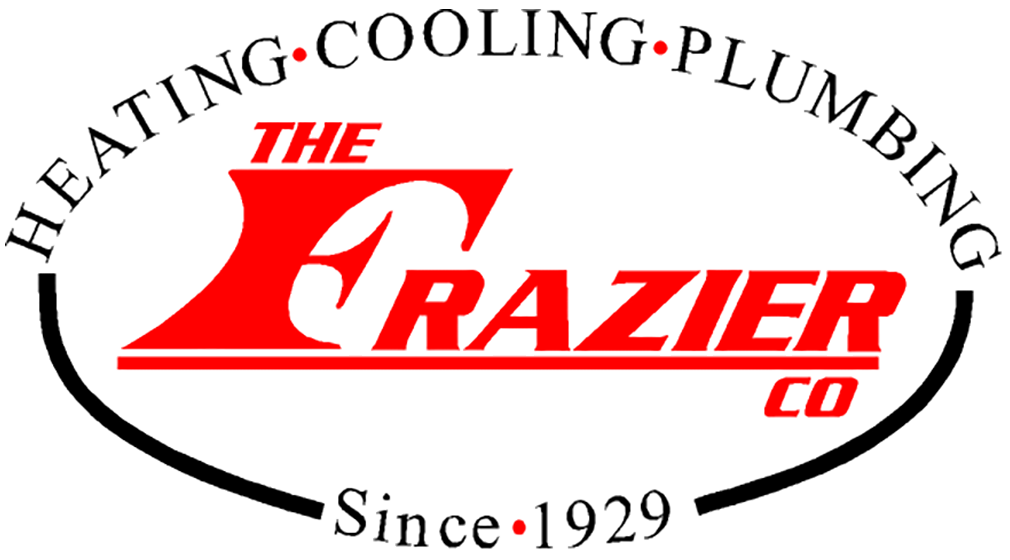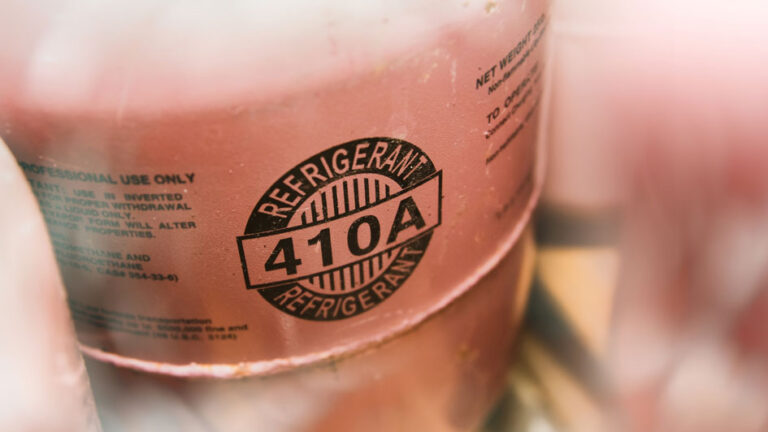Big changes are coming for the heating and cooling business! Cooling systems shifting from R-410a to newer refrigerants like R-454B refrigerant and R-32 refrigerant will be coming in 2025. These new coolants are engineered to be more beneficial to the environment and satisfy revised regulations about global warming. But what does that mean for your current HVAC system and upcoming services?
This change will minimize the environmental effect of our air conditioning systems. In 2025, new AC systems will employ a a different class of refrigerants that are more compatible with climate goals. If you’re contemplating getting an AC replacement soon, this is the opportune time to learn more about how these changes can affect your home’s comfort.
Why Exactly Is R-410a Being Phased Out?
For a long time, R-410a was the preferred refrigerant for residential air conditioners because it worked so well. But studies revealed that R-410a still negatively impacts global warming. Because of this, the Environmental Protection Agency (EPA) enacted an initiative back in 2021. The industry will gradually eliminate R-410a to replace it with refrigerants that are more eco-friendly.
The HVAC industry has undergone shifts like this before. When the industry phased out R-22 (commonly called Freon) to R-410a, property owners like you had to follow suit. And in the same way, this shift will affect how systems are constructed as well as the recommended procedures for HVAC maintenance. Both homeowners and HVAC technicians must plan for these new refrigerants if they wish to continue enjoying the most secure, most energy-efficient cooling possible.
New HVAC Refrigerants Replacing R-410a?
The upcoming refrigerants are categorized under the new “A2L” classification and include the newest R-454B refrigerant and R-32 refrigerant coolants. They’re developed to deliver the same effective cooling while greatly lowering their global warming potential (GWP) compared to R-410a.
R-454B refrigerant is expected to be especially useful due to its GWP being about 78% lower than R-410a. Although R-454B refrigerant is technically more flammable than R-410a, improvements to system designs and maintenance practices will ensure servicing is just as safe to perform. Additionally, today’s cooling systems using R-454B refrigerant are much more energy efficient, resulting in big savings on energy bills over time, especially if you maintain your system with routine HVAC maintenance.
This transition isn’t just about changing the refrigerant—it affects the whole HVAC system because the characteristics of R-454B refrigerant make it not suitable for use in older systems. Eventually, every home and business using R-410a will need to switch to one of the new systems.
R-410a Replacement: What Do I Need to Do to Transition to New HVAC Refrigerants?
Transitioning to the new refrigerants will not be as easy as swapping out the new coolants with what’s used in your home’s HVAC system. That’s because the distinct properties of R-454B refrigerant and R-32 refrigerant make existing R-410a systems incompatible. But don’t worry—you can still use your current R-410a system for now. Just keep in mind that as time goes on, the price of repairs and tune-ups will increase as R-410a becomes less available.
Planning ahead is the best way to manage things. If your AC system is already getting old, this is the perfect time to contemplate switching to a newer model that uses the new R-454B refrigerant. Plus, the HVAC specialists here at The Frazier Company can support you with switching with flexible options for HVAC replacement financing.
Which Refrigerant Is in My AC System?
Not sure which refrigerant your AC system uses? In general, you can easily locate this information by inspecting the label on your outdoor unit. This label indicates the type of refrigerant, the model number and various other particulars about your cooling system.
But if you can’t read the label or can’t find your user manual, don’t stress! You can always call one of the skilled technicians at The Frazier Company to help you in identifying the refrigerant. Get all the info you need by contacting us at (402) 919-5185.

